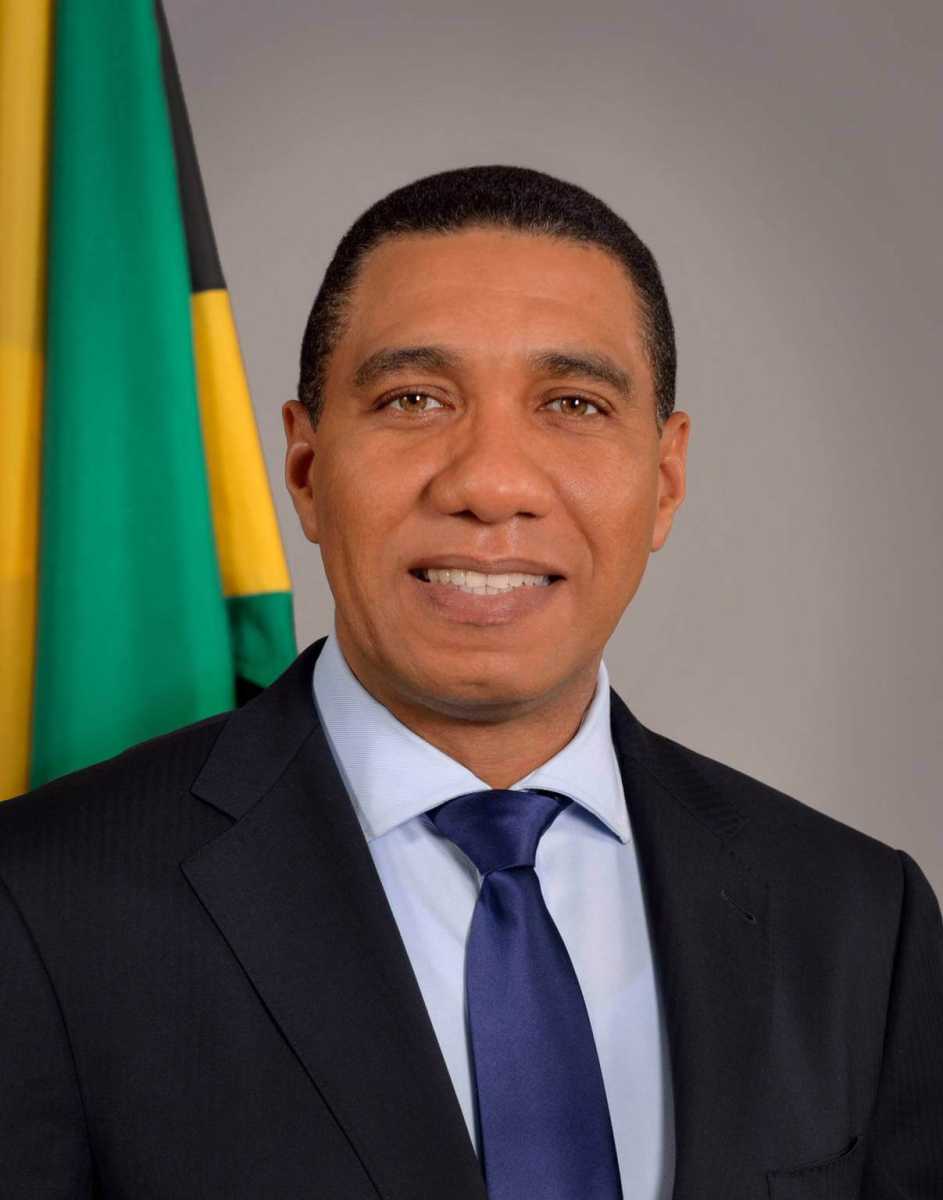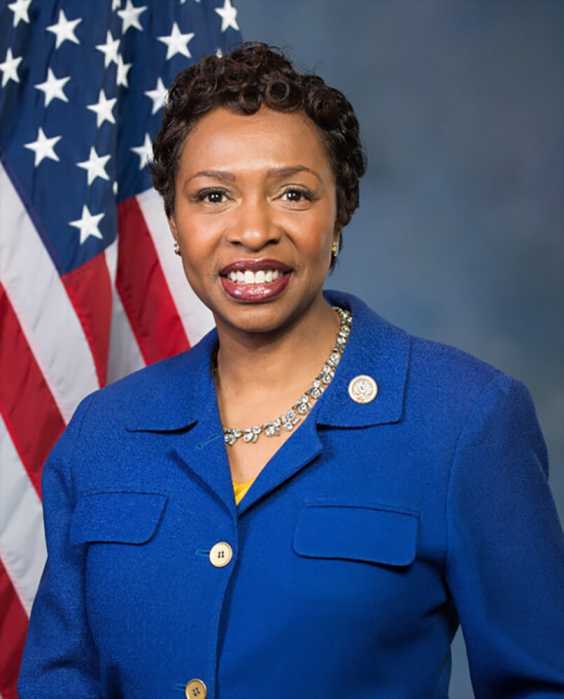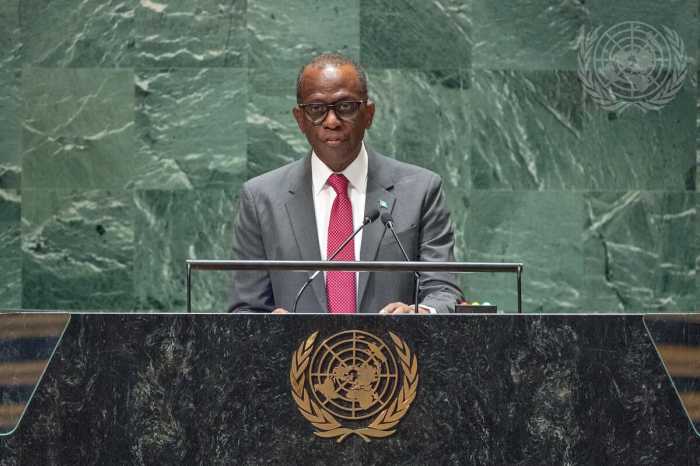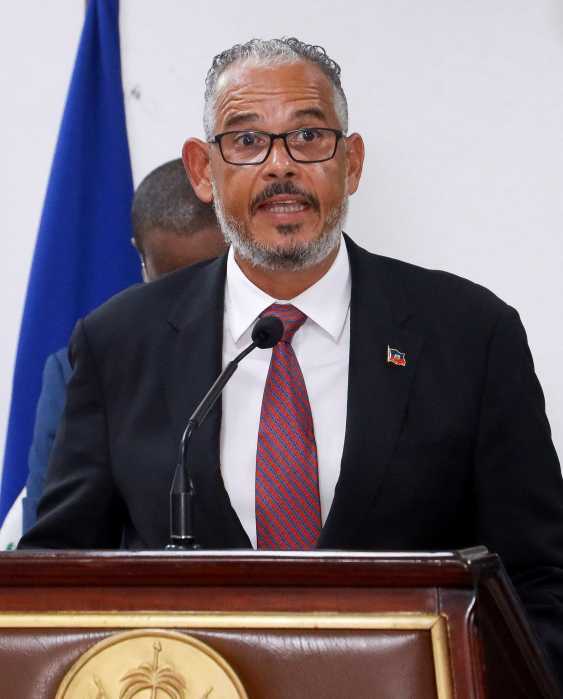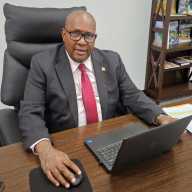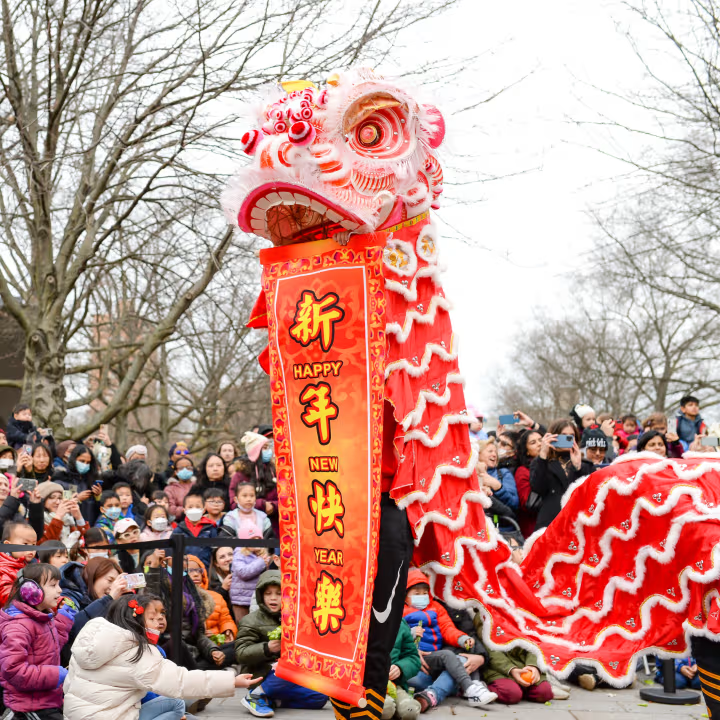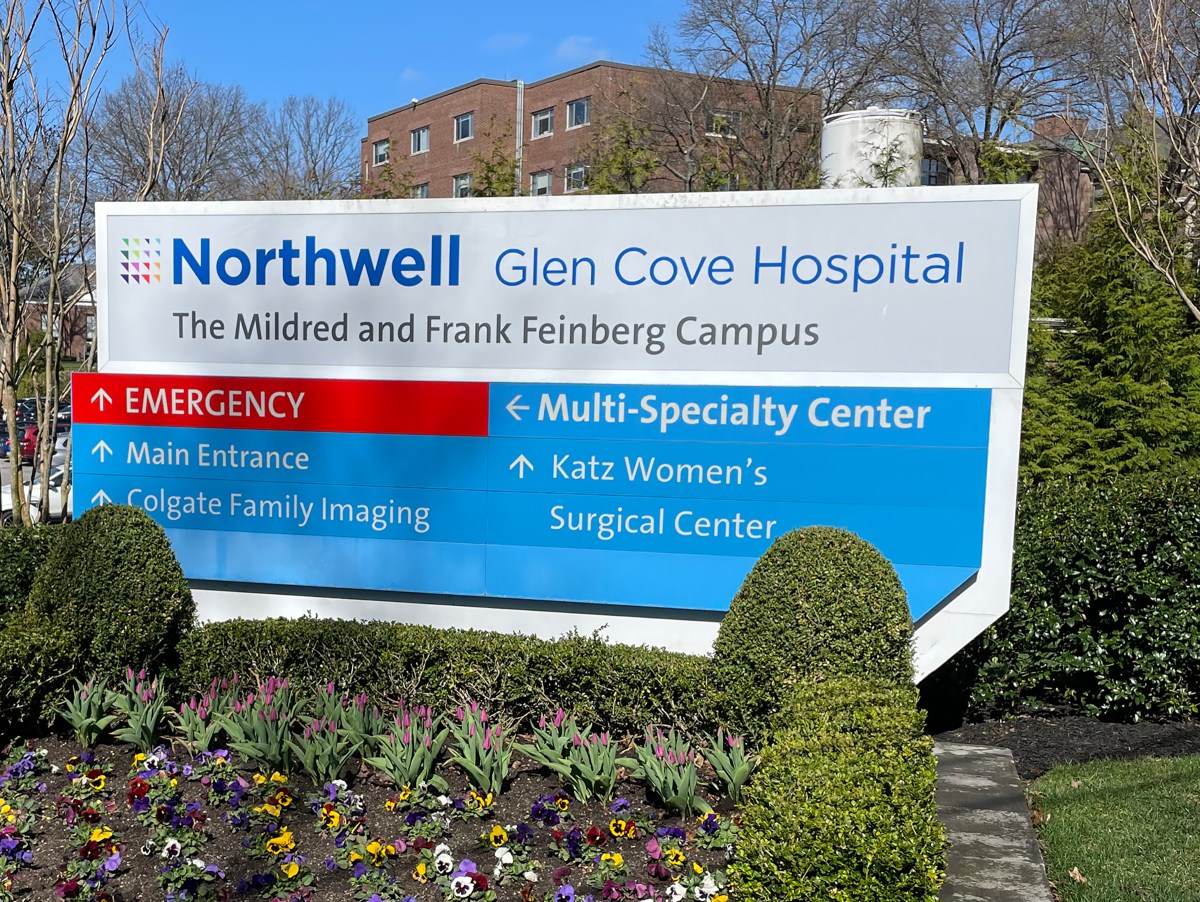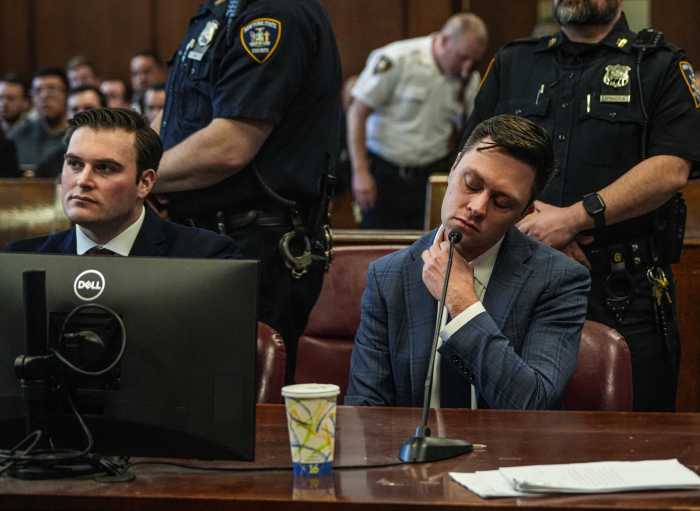On Sunday, the Caribbean Community’s main annual summit began in the western Jamaican capital of Montego Bay. The summit called for greater attention to crime and violence and a collective determination to defeat heavily armed gangs.
Sunday’s opening events were ceremonial as usual, with speeches from host Prime Minister Andrew Holness, immediate past Chairperson Mia Mottley of Barbados, and others. All of the speakers called for a redoubling of efforts to ensure progress in the integration movement. Holness also touched on the continued fight against gangs in Haiti. The meeting is scheduled to end late Tuesday.
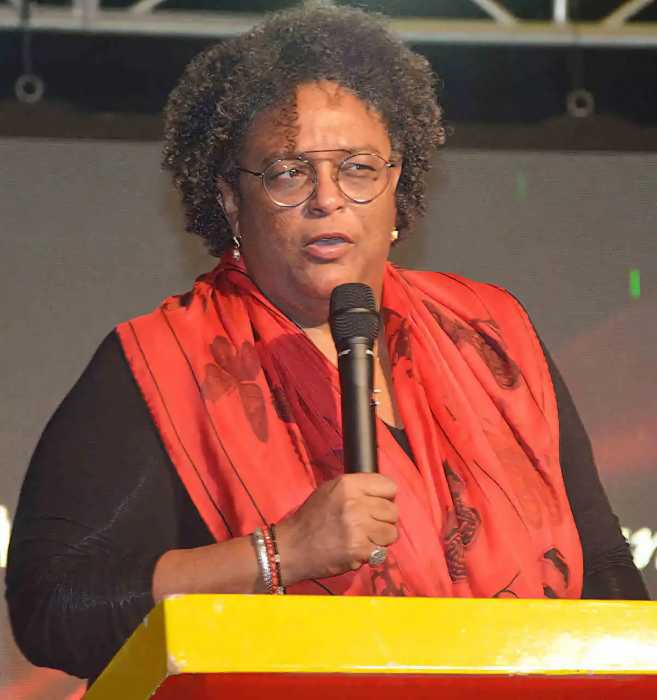
He argued that the efforts to deal with gangs must be on the same level as the global war on terrorism.
The summit is being held in a nation that has been boasting about a vast reduction in violent crime, particularly murders, in the past year. This has prompted the mighty US to temper its normal travel advisories, dubbing the island one American traveler should tread carefully while visiting.
As expected, the host head of government also turned his attention to the troubling situation in Haiti, which has been wracked by years of gangland violence mainly in the capital and surrounding areas. Police and the UN say the violence unleashed on gangs, especially since the July 2021 assassination of President Jovenel Moise, has cost thousands of lives and has displaced even more.
Just last week, leaders had asked the region’s special mediating team dealing with Haiti to interface with them and bring back a report on the situation that heads can examine.
“We cannot be true to our CARICOM principles if we leave our brothers and sisters in Haiti at the mercy of gangs,” he noted. “The appetite to support Haiti has slowed. We must reignite it. CARICOM must redouble its efforts” to garner international help for Haiti, including forming a multinational force that could help bring peace.
As the plenaries get underway Monday and Tuesday, the opening ceremony also saw the leadership of the Trinidad-based umbrella Caribbean Court of Justice (CCJ) changing hands with the coronation of Jamaican jurist Winston Anderson as the new president of the regional court following the retirement of Justice Adrian Saunders of St. Vincent recently.
Addressing the leaders and invitees, Anderson called on bloc member states, which still have the British Privy Council as their final appeals court and had not yet signed up to the appeals section of the Caribbean court to do so quickly.
“After 20 years, the court has still not attracted full support of all eligible states for the appellate jurisdiction, with five out of a possible 11 states joining that jurisdiction. I am hopeful that during my tenure, other states will fulfil their treaty obligations and become full members of the appellate jurisdiction. It is worth noting that, in its appellate jurisdiction, the court has exerted reach and influence well beyond the five states of Barbados, Belize, Guyana, Dominica, and St. Lucia that have accepted that jurisdiction. CCJ appellate cases are routinely cited and accorded favorable treatment by the judiciary in virtually every common law state in the Caribbean.”
Ironically, Holness’ governing Jamaica Labor Party (JLP) has opposed abolishing the British court as Jamaica’s final court despite support from the main opposition party and other sections of society.
Meanwhile, climate change, free travel within the 15-nation bloc, food security, crime and security are among the key agenda items for leaders. Heads of government from associate member nations like Bermuda, the Cayman Islands, and Curacao are also attending.


